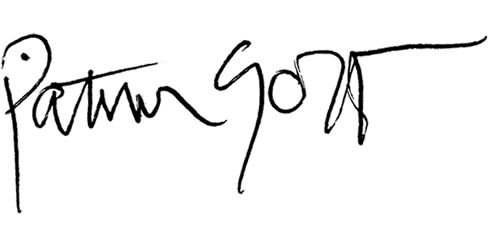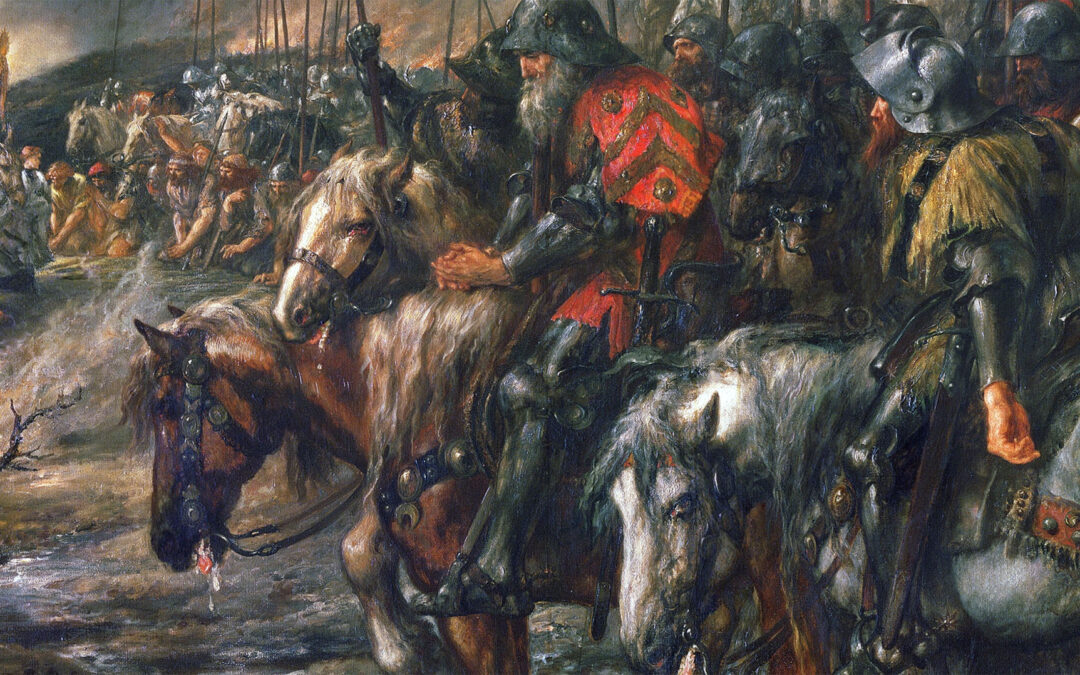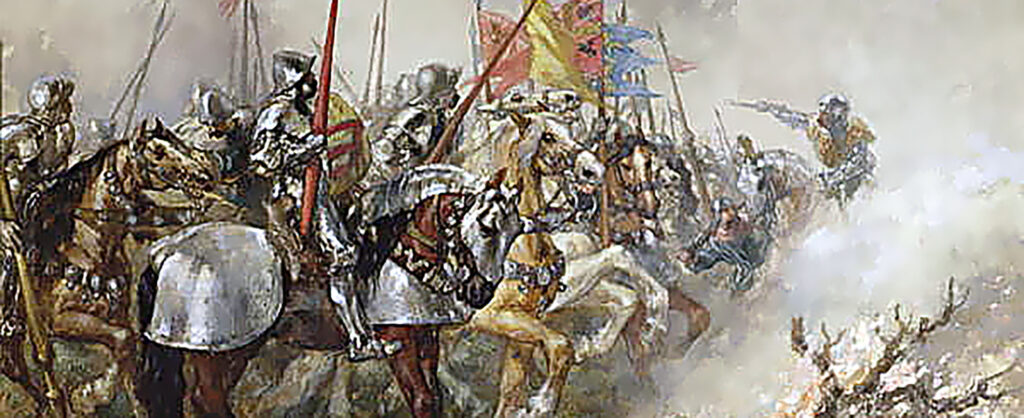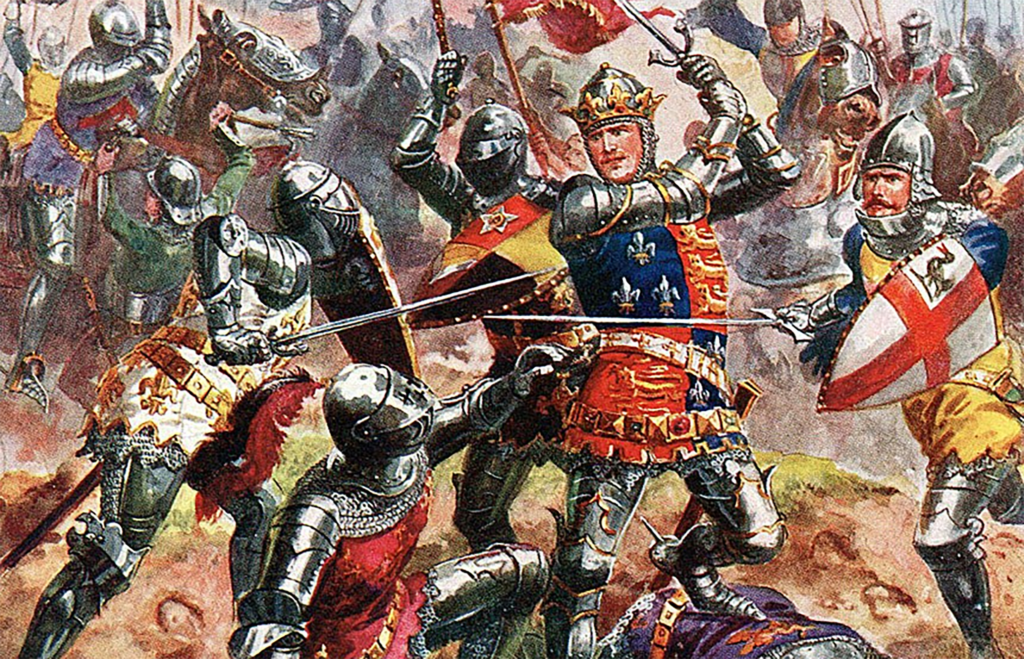I’ve just been reading Juliet Barkers analysis of Agincourt. Not as entertaining as Bernard Cornwell’s story (he uses her research) but far more detailed and informative of reality. Recently we have spent much time denying the relevance of history to current events, toppling statues to past greatness, all to appease urban minorities. Barker’s book illustrates very clearly the relevance of historic solutions to problems of today.
When Henry V came to the throne he was faced with a situation throughout the Kingdom where violence against people, their property along with civic disorder were endemic, much as they are today. The reason for this, Barker says, was because individuals could not get justice, society from his predecessor Henry IV downwards having worked the rules in their own interests, again with modern parallels in the corrupt political (local and national) world. The law did not protect victims but rather the law officers exploited it to enrich themselves, much as they do today.
We are of course far more comfortable today than peasants of the 15th century so will tolerate more attacks on our freedoms, retreating into our homes. I sit in the garden listening to the sweet song of the wren, surprised that such a small bird can produce such a volume of noise. Its voice breaks the peace in the back garden but it’s a disturbance that is a delight. A cottage garden may have had to produce food for a family in the time of Henry V but would not have been a refuge as my garden is today. It took time for an Englishman’s home to be his castle and this concept is being challenged by illiberal law changes today that in effect allow local authorities to seize private homes.
The inability to obtain justice encourages those who see themselves as victims to take revenge, leading to violence and still more corruption. Of course, in Henry V’s time the appointment of law officers direct from the King was completely different to those offices that are filled today by civil service apparatchiks, who operate almost like a mafia in defiance of ministers and frequently the law. However, much of our social structure reflects the social structures of the past so we have officials responsible for large areas of the country empowered to act in emergency and judges etc are appointed by the crown, the crown of course being represented by parliament. But they do not act.
It’s lovely on the bench, cat beside me on one of the first warm days of spring. Fine clouds show that maybe we are not clear of April showers yet but the bird’s music and the pigeon crooning of the always randy pigeons has today replaced the constant rumble of the rough seas we have had recently. I am relaxed, my potatoes planted, and I do not have to toil to plant more crops.
Today I read of a drug dealer effectively let off because he was young, said the judge, and naive. We read of a man facing deportation who, after 5 judicial hearings, was allowed to stay freely in the UK despite a record as a murderer both here and in the country he came from. The judge decided in both cases that these individuals would be more at risk in the societies they came from if deported back, making this more important than protecting the British people. This reflects the corruption in Henry V’s time where people could bribe and buy their freedom. In effect highly paid lawyers are today taking large chunks of money from the public sector, from the legal aid funds, in case after case to get miscreants freed to commit crime again against UK citizens, frequently because they would be punished more in the societies they had fled from. This is not justice, and maybe eventually the violence on city streets will spread to threaten the peace in small towns like mine, already being targeted by county lines drug dealers.
Henry V recognised the results of the corruption of the legal system in his time and decided that the way to make it work was to make sure that those responsible could be punished for failing to protect the English population. To change the culture of this, he had his sheriff’s, his stewards, his constables give a large financial bond for their honest behaviour in administering the law. Currently we have a civil service where rich rewards come to those in senior administrative posts with apparently absolutely no comeback if the decisions they make are not those that are in the interests of parliament or the British people. Maybe we should look to history and Henry V for solutions that can punish individual judges, lawyers, and administrators if they fail to deliver justice, whether it be in court or like the Post Office scandal, in government. We also need to ensure that we can see clearly the parallels between the law and justice because at the moment the two do not seem to match up at all.
Our contentment, like that of the cat, happy to lie in the sun and pretend nothing threatens our exitance makes us complacent, many not bothering with ‘politics’, even not bothering to vote, absenting themselves from democratic society so that the malcontents have a free run at power through low turnouts at the ballot box. In this they are aided and abetted by politicians that Henry V would have had no patience with, and he had an executioner ready to deal out punishment for the corrupt.
So it would seem appropriate that when appointed to a judicial position, or as a city mayor, council leader or senior civil servant the individual should put up a large financial bond. Perhaps this could be against the value of whatever personal assets they have which would guarantee that decisions would be made in the interests of justice not just in the interests of the law. The indulgence of the ‘rights’ of foreign criminals ahead of concern for the British people should be punished by confiscation of those assets, as happened in Henry V’s day, although perhaps beheading is going too far.
Equally if the law does not match the requirements of the British people for justice then the law needs to be changed. Henry V was driven by his desire to be seen as an honest monarch in part to gain support for his wars against the French, which support he could only get if the British people saw the justice of his cause and the honesty of his government. Under ever increasing taxation the British people now see a parliament full of corrupt willie wagglers and ginger muff displays which does not serve to protect them either from foreign invasion or from alien belief sets. The corruption of belief is well on the way to creating the violent society that Henry V saw created by corruption in his day.
That parliamentarians, legislators and administrators are not subject to being removed and replaced by honest people but are allowed to continue to act in the interests of perversion or pressure groups will destroy society regardless of whether that society is formed by native Britons or immigrants. All share an interest in seeing our nation based on a fair and clear set of rules that are honestly and fairly enforced. Currently politicians are elected on a set of proposals, a manifesto, which need to be binding on them once in office, perhaps punishable by having MP’s assets seized if they have lied.
In my paintings in the past, I used a grid as a structured dislocation of colour in the 70s and 80s. This represented the sense I had of rules and laws which were being used by the powerful to dislocate the lives of citizens. I foresaw that increasing the number of rules and regulations would simply make them so complex that they would fail to be effective. Now my paintings are about the decay and destruction that this has brought about. Full of colour because our society is still full of creativity and energy, but nonetheless this is the final decay of our civilization. This decay is largely caused by too many rules too many regulations too many taxes and too many people not serving the nations interest but their own. All can be reversed.
It is time for change. We need less government; we need less civil administrators; we need more justice; we need honest parliamentarians with intelligence and integrity not like those that we seemingly have now. We need to be able to hold to account those who fail or work against our society. What we must all do is vote. It is no good saying “there is no one I want to vote for”, the ballot box is our only weapon, and we must use it. We need turnouts to rise from 30% to 80% or more. We need to be involved in the selection of candidates perhaps through local primaries. Even a protest vote or a vote for an independent is better than no votes at all in the current system. Not voting leaves clear gaps for pressure groups to impose their views.
Henry V created St. Georges day as a national and religious holiday to celebrate the victory of outnumbered knights and primarily English and Welsh archers at Agincourt. It is time that the majority stood up for what they want and believe, for our sense of self and our culture, or acquiesce in our own destruction.





Recent Comments